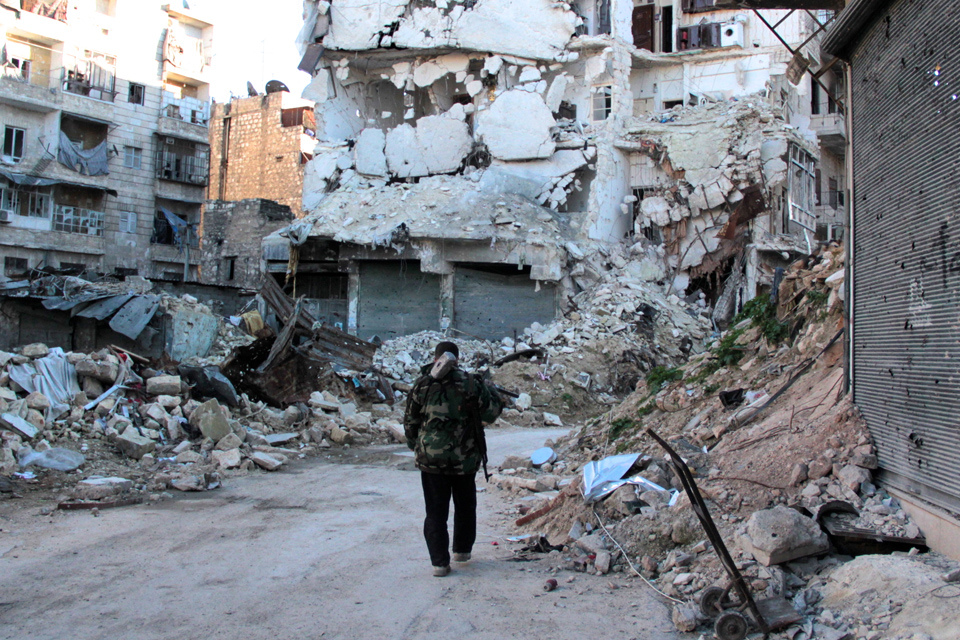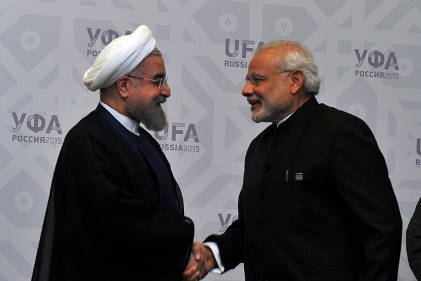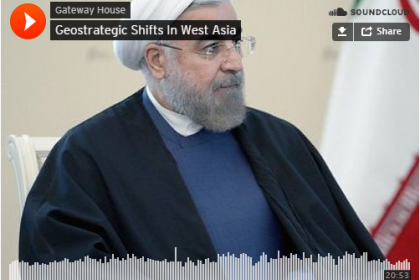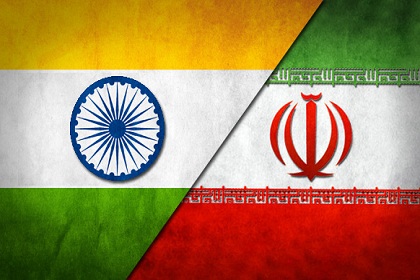The New World Order | Episode 8, The Nuclear question
International peace and security is perpetually in danger from the threat of nuclear weapons. In recent weeks, under the current U.S. Administration, the diplomatic success of the Iran Nuclear Deal is threatened while tensions build in the Sea of Japan over North Korean activities.

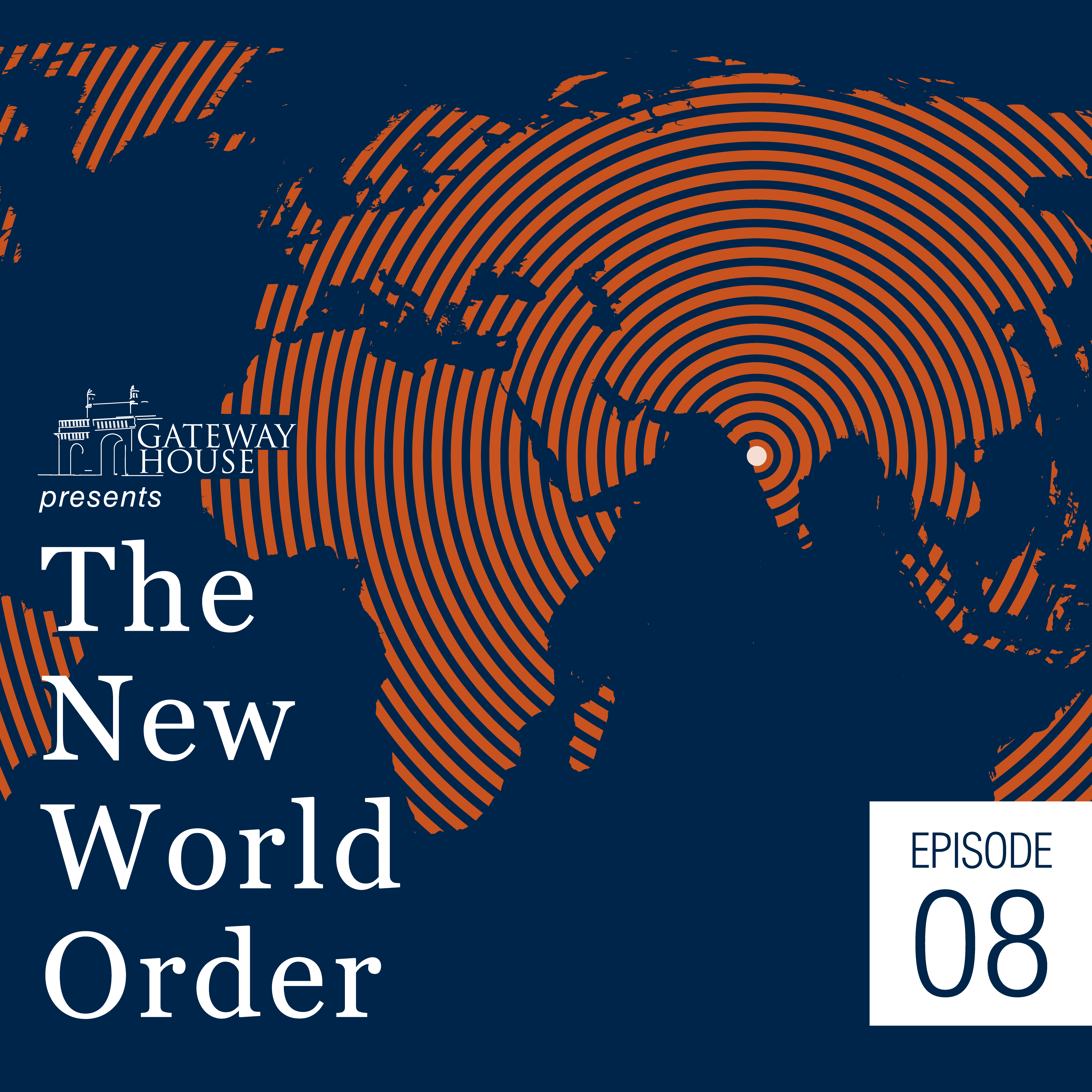
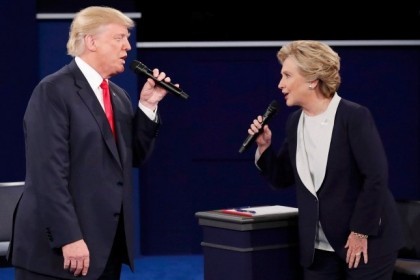
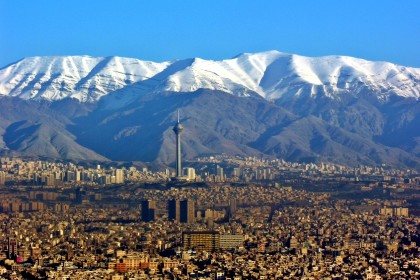

![DSC_0211[1]](https://www.gatewayhouse.in/wp-content/uploads/2016/01/DSC_02111-e1452754538418.jpg)

